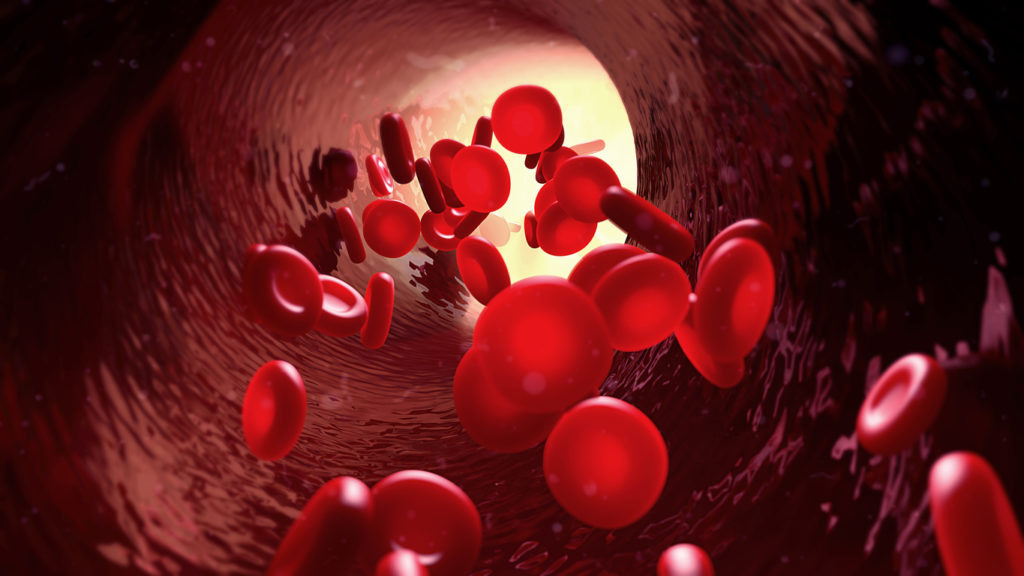This study is directed at evaluating patients with “myocardial ischemia” or poor blood supply to the heart muscle due to coronary artery disease. The major objective of this study is to determine the level of safety and effectiveness of magnetic resonance imaging at diagnosing coronary artery disease.
In addition, this study will allow researchers at the National Institutes of Health to see a broad spectrum of disease, preserve clinical skills, and stimulate future ideas for clinical research.
Official Title
Cardiovascular Magnetic Resonance Imaging
Conditions
– Heart Disease
Study Type
Interventional
Study Design
Training
Further Details
This is a teaching protocol. It is in a format for training physicians in the laboratory in cardiovascular MRI techniques necessary for our research protocols. It helps provide experience necessary to develop and maintain our clinical expertise with cardiovascular MRI methods. It also provides physicians in the region access to this technology.
Study Start
Eligibility & Criteria
Genders Eligible for Study: Both Criteria INCLUSION CRITERIAAll Arms:Patients with known or suspected cardiovascular disease will be eligible for participation in this protocol. The patient is eligible under the following conditions:1. Patient’s age is greater than 21 years of age.Dobutamine Stress MRI:1. Known or suspected coronary artery disease or valvular heart disease.EXCLUSION CRITERIAAll Arms:Patients with a contraindication to MRI scanning will be excluded. These contraindications include patients with the following devices:1. Central nervous system aneurysm clips2. Implanted neural stimulator3. Implanted cardiac pacemaker or defibrillator4. Cochlear implant5. Ocular foreign body (e.g. metal shavings)6. Insulin pump7. Metal shrapnel or bullet.In addition the following patient groups will be excluded:1. Pregnant women( patients who are uncertain as to whether they are pregnant will be required to have a screening urine or blood pregnancy test).2. Patients with surgery of uncertain type where the presence of metal clips or wires cannot be excluded.3. Patients with symptoms of myocardial ischemia occurring despite maximally tolerated doses of oral antianginal therapy and intravenous nitroglycerin.Furthermore, the following patient groups will be excluded from studies involving the administration of MRI contrast agents:1. Lactating women2. Patients with hemoglobinopathies3. Renal disease (CrCl less than 20 ml/min)Dobutamine Stress MRI:1. Myocardial infarction within 48 hours (CKMB greater than 3 times normal limits).2. Uncontrolled congestive heart failure3. Severe hypertension (SBP greater than 200, DBP greater than 100).4. Atrial fibrillation.5. Ventricular tachycardia.6. Frequent PVC’s (more than 1 every 10 heart beats or sustained ventricular tachycardia (greater than 4)).7. Patients with narrow angle glaucoma will not receive atropine.
Total Enrolment
1900
Contact Details
[1] National Heart, Lung and Blood Institute (NHLBI), 9000 Rockville Pike, Bethesda, Maryland, 20892, United States
All content and media on the HealthEngine Blog is created and published online for informational purposes only. It is not intended to be a substitute for professional medical advice and should not be relied on as health or personal advice. Always seek the guidance of your doctor or other qualified health professional with any questions you may have regarding your health or a medical condition. Never disregard the advice of a medical professional, or delay in seeking it because of something you have read on this Website. If you think you may have a medical emergency, call your doctor, go to the nearest hospital emergency department, or call the emergency services immediately.







